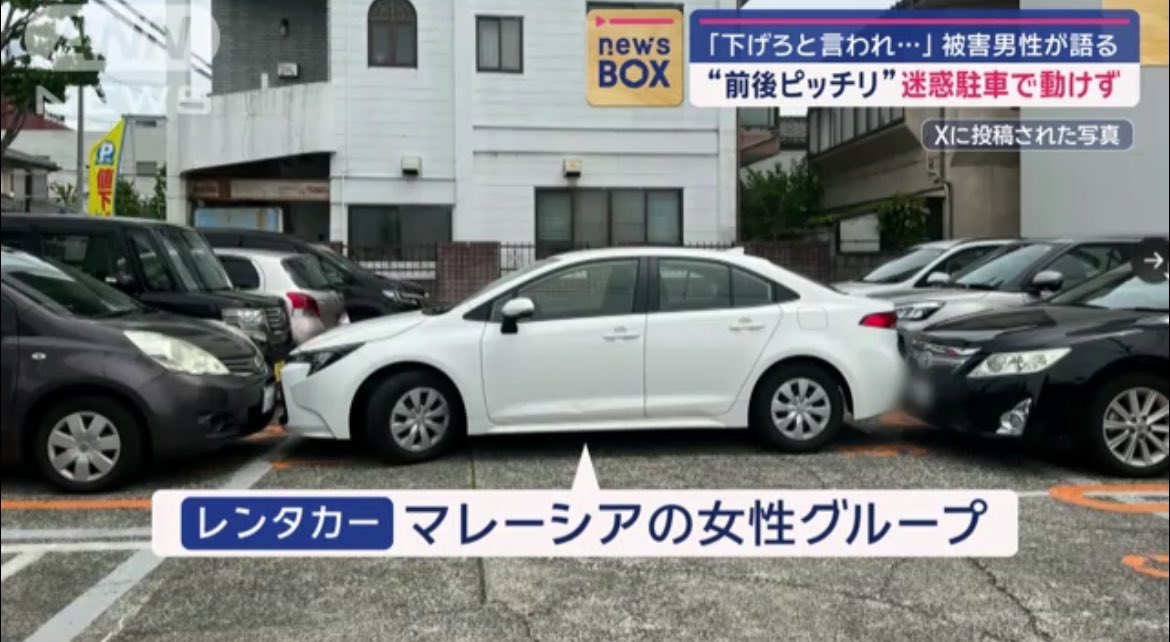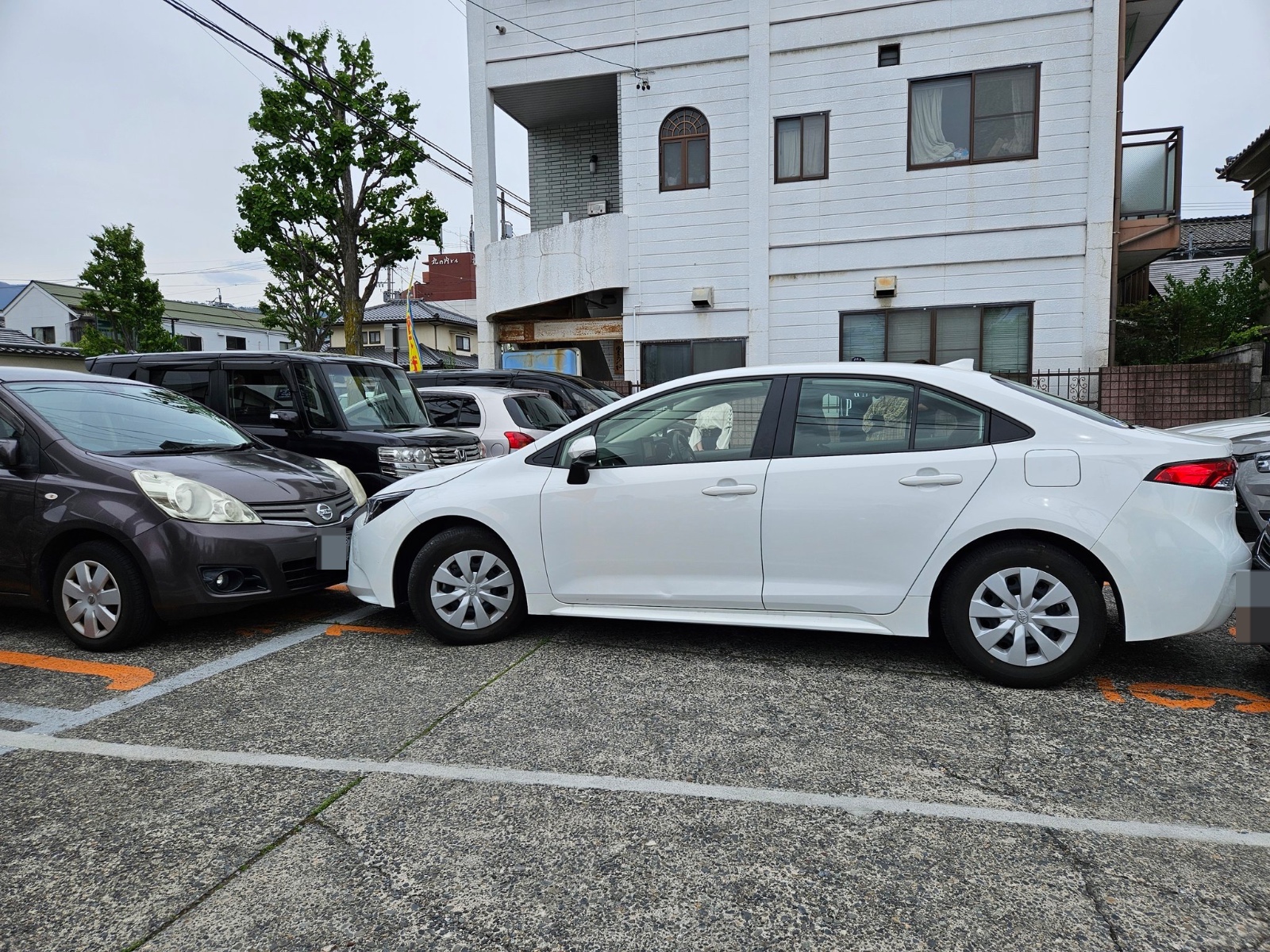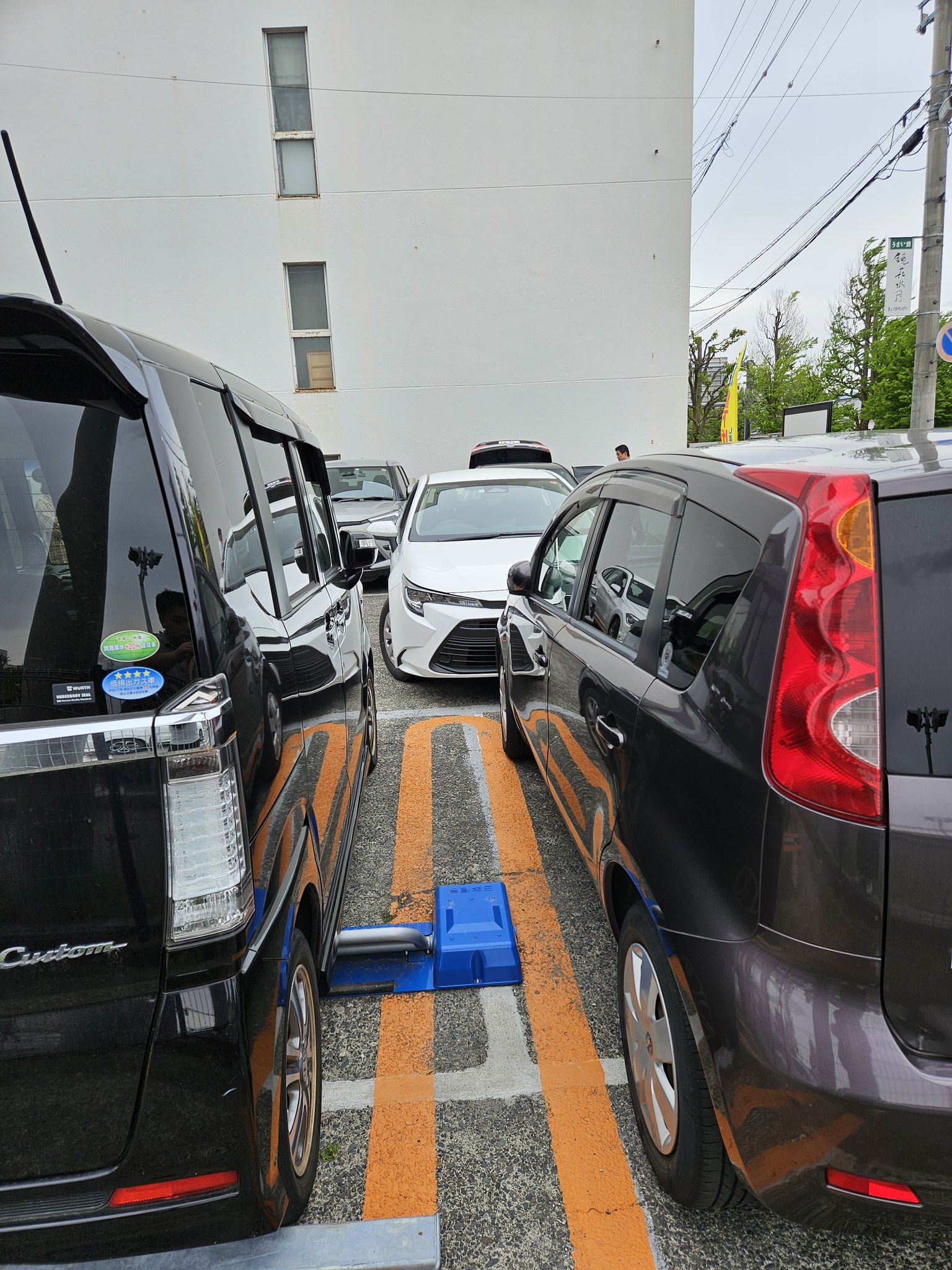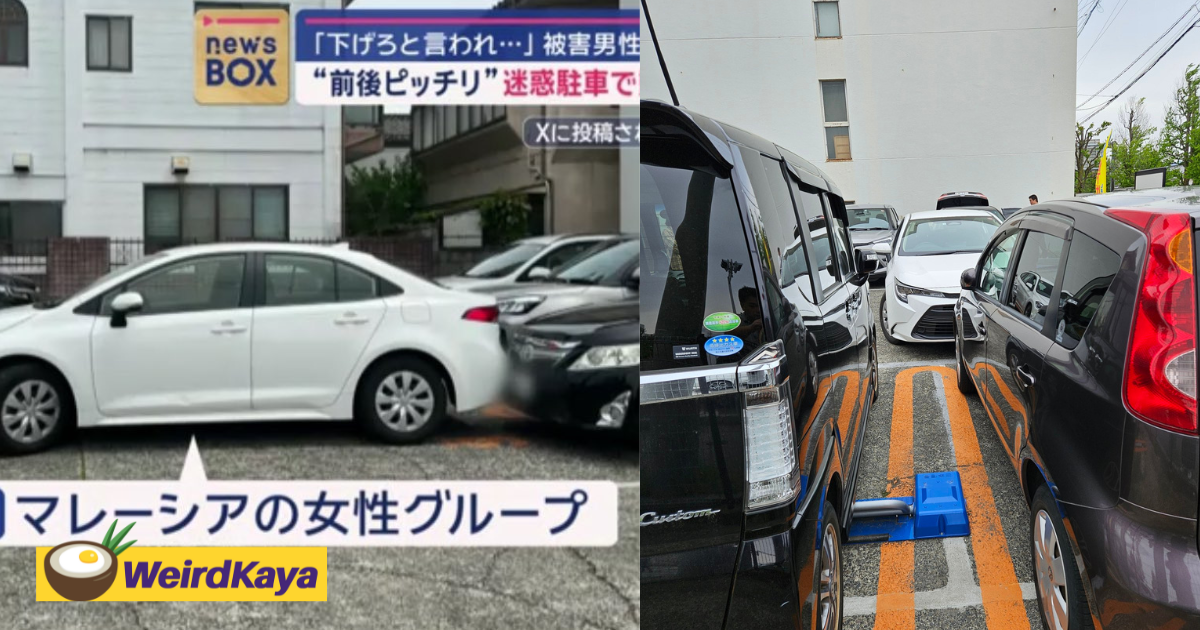The act of double parking, a common practice in Malaysia, has recently made headlines in Japan, shedding light on a cultural clash that has sparked frustration among the locals.
What started as a mere inconvenience near Matsumoto Castle in Aichi Prefecture has escalated into a discussion about cultural awareness and respect for local norms.
M’sian woman made headlines in Japan for double parking
A tweet by @pja_chan on X brought attention to the issue, narrating an incident where a group of Malaysian women, driving a rental car, blocked the main road, hindering the movement of other vehicles.
“Malaysians are making headlines in Japan for their parking habits, taking up spots and upsetting the locals. This is paid parking with designated spots for each car. You can’t double park like this. Why do they do it and inconvenience others?” she questioned.

The incident, which occurred in a paid parking area, highlighted a fundamental difference in parking norms between Malaysia and Japan.
In Malaysia, double parking is often seen as a necessary solution to the scarcity of parking spaces, particularly in crowded urban areas.
However, in Japan, where strict regulations govern parking, such behaviour is not tolerated. Each car is expected to occupy its designated parking space, and double parking is considered a violation of public order.
“In Japan, there are designated paid parking spaces, and double parking isn’t allowed. Because of this, many Japanese people are upset with Malaysians online. This incident doesn’t just affect the country negatively but also impacts those who have been living there for a long time.”

Japanese people are annoyed because they feel like others aren’t following the rules.
@pja_chan stressed that such incidents not only inconvenience others but also tarnish the reputation of Malaysians; they make Malaysians living in Japan look bad. And it’s not just locals affected; even tourists might get a bad impression of Malaysians because of this.
“The consequences are felt by Malaysians residing there, as it leaves a bad impression. This might make Malaysian tourists less welcomed,” she explained.
She had to pay for the parking fees for all seven affected cars
Towards the end of the post, @pja_chan mentioned that the Malaysian responsible for the incident had to pay parking fees for all seven affected cars.

It took three hours to resolve, and the parking rates in that area are already quite expensive. It was undoubtedly a costly lesson for her, but hopefully, one that will stick.
“The Malaysian had to pay parking fees for all seven affected cars. It took three hours, and the parking rates there are already expensive.”
‘Zero common sense’
Amidst the uproar, comments from netizens reflect a mix of frustration, disbelief, and criticism, questioning the actions and reasoning behind the perplexing parking manoeuvre.

One person couldn’t believe it, saying: “How could she manoeuvre like that, it’s insane!”

Another person felt the same way, saying: “It’s surprising how many cases involve Malaysians causing trouble in Japan.”

Another person, clearly puzzled, asked: “How on earth could she park like that???”

Another commenter didn’t hold back, criticising the lack of common sense: “She has zero common sense. And she even had the audacity to reverse and move forward like that. Is there no brain in her group?”
This situation makes us think about how important it is to understand and adapt to different cultures when we’re living or traveling abroad. What seems normal at home might not be okay somewhere else.
Read the full post here:



